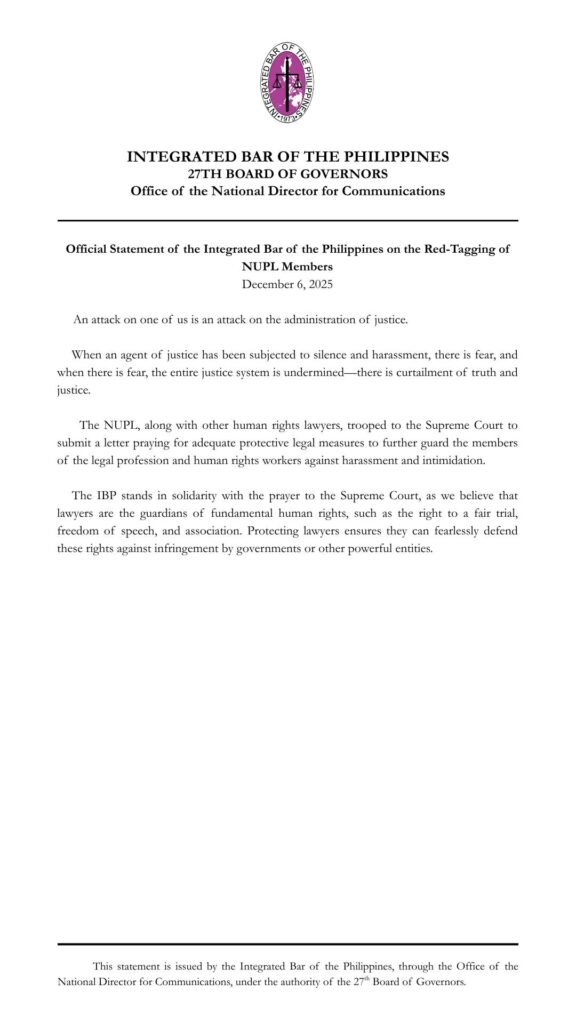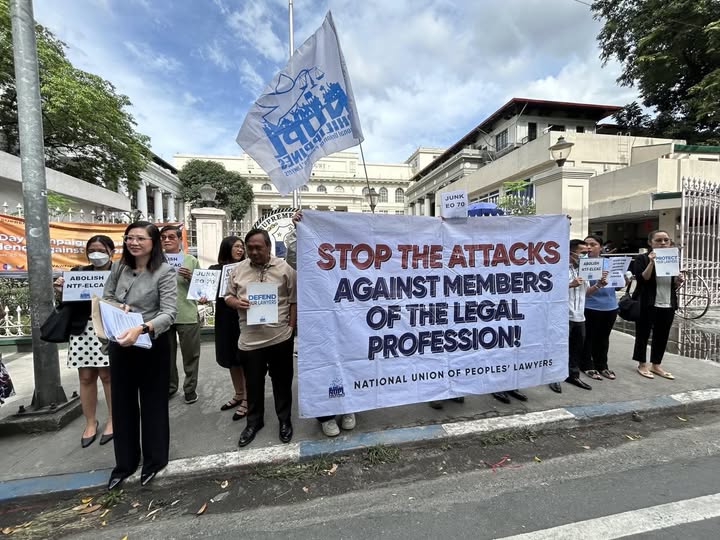Senator Win Gatchalian underscored the need for safety nets to support Filipino workers in the Philippine Offshore Gaming Operator (POGO) industry who would be displaced if a total ban on POGOs is enacted.
In a recently conducted public hearing on the proposed ban on all POGOs, Gatchalian said there should be other employment opportunities for affected Filipino nationals in re-creating the Philippine economy without POGOs as a source of income.
Safety nets for POGO workers should include upskilling and reskilling programs to ensure they can secure replacement jobs as soon as possible, the senator said.
Gatchalian also said the welfare of workers currently employed in the industry should be a priority.
“We will ensure that legislating a total ban on POGOs will include a provision for safety nets for workers who would be adversely affected by the ban,” said Gatchalian.
Data provided by the Philippine Amusement and Gaming Corporation (PAGCOR) to the Department of Labor and Employment (DOLE) as of 2023 showed that 25,064 Filipinos were working for different POGOs nationwide.
In terms of POGO employment, this represents 52.2% of local workers, compared to 22,915 foreign workers employed in the sector.
Gatchalian further urged the DOLE to conduct a skills mapping of POGO workers to identify specific programs that could be implemented for them.
“Kailangan nating pangalagaan ang kapakanan ng mga kababayan nating nagtatrabaho sa mga kumpanya ng POGO na maaapektuhan sakaling maisabatas ang panukala nating paalisin na nang tuluyan ang lahat ng POGO sa bansa,” he ended.
Expressing support for the proposed legislation to ban POGO operations in the country, DOLE Undersecretary Felipe Egargo said the department is prepared to implement programs to aid POGO workers as soon as necessary.
Egargo said that DOLE is ready to facilitate reskilling and upskilling programs for displaced POGO workers, in addition to providing livelihood and emergency employment through the Tulong Panghanapbuhay sa Ating Disadvantaged/Displaced Workers (TUPAD), a community-based emergency employment initiative originally implemented during the pandemic. (TCSP)




